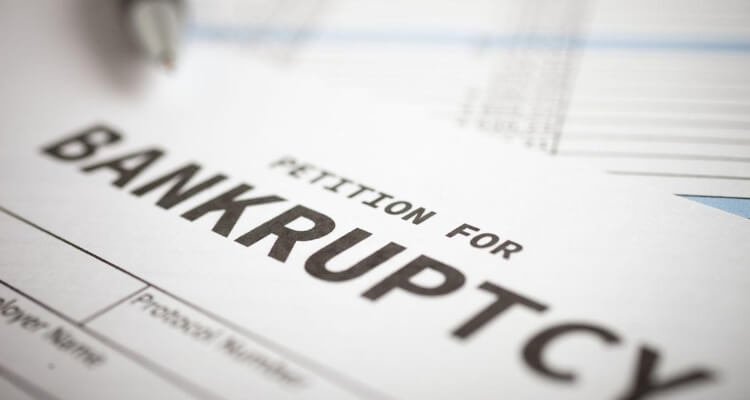Defining and Dealing with Digital Assets in Bankruptcy

In September last year, the US District Court for the District of Massachusetts gave a ruling to define bitcoin and other cryptocurrencies as commodities. Now it remains to be seen whether bankruptcy courts will follow this precedent when considering cryptocurrency in valuations and distributions.
The Problem with Intangible Property
When someone files for bankruptcy, details of all assets and debts must be disclosed. Although bankruptcy protection for individuals can minimize the loss of assets, so allowing most debtors to keep their possessions, in general, the discharge of debts is exchanged for non-exempt assets. Up until recently, these assets would only consist of material possessions or money in one’s bank account. But, problems can arise when some assets are held as cryptocurrency.
How to Classify Cryptocurrency
The exact type of property rights that should be granted to crypto assets in cases of bankruptcy and insolvency is also still undecided. However, an increasing number of institutions are now considering them as assets in their services and products. To overcome the difficulties in pinning down cryptocurrencies, the UK Financial Markets Law Committee are looking to create a new category of property. Cryptocurrencies would be known as ‘virtual chose in possession’ in order to reflect their nature as real and yet, at the same time, intangible property.
Solutions to issues surrounding the definition and treatment of cryptocurrencies are quickly evolving, and legal and financial institutions around the world are learning to deal with the intangible nature of cryptocurrency in long-established financial undertakings. Like banknotes and numbers on a statement, cryptocurrencies are simply another medium of exchange and, as such, will likely become widely accepted as assets in cases of bankruptcy and insolvency.
Image courtesy of 21 Cryptos